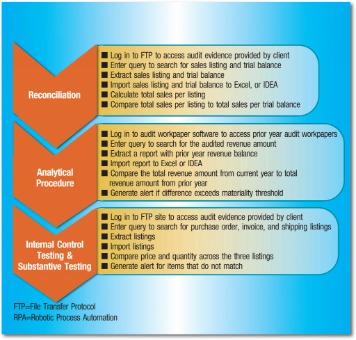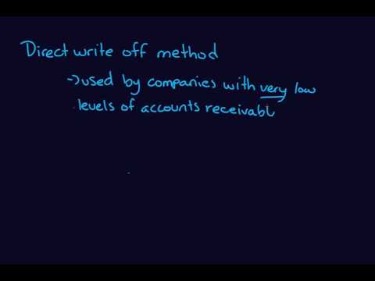Content
- Mutual Funds and Mutual Fund Investing – Fidelity Investments
- Differences Between Real and Nominal Rates
- What Is Coupon Rate and How Do You Calculate It? Formula and Example
- Difference between Coupon Rate vs Interest Rate
- YTM
- Where does the term Coupon Rate come from?
- How Are Coupon Rates Affected by Market Interest Rates?

An example of zero coupon bonds is Series E savings bonds issued by the U.S. government. Coupon Rate is the yield that is being paid off for a fixed income security like bonds. This rate usually represents as an annual payment paid by the issuing party considering the face value or principal of the security. On the other hand, this is the rate at which the issuing party promises to the investor to pay during the term of the investment.
Regardless of the purchase price, coupon payments remain the same. If the investor purchases a bond of 10 years, of the face value of $1,000, and a coupon rate of 10 percent, then the bond purchaser gets $100 every year as coupon payments on the bond. If a bank has lent $ 1000 to a customer and the interest rate is 12 percent, then the borrower will have to pay charges $120 per year.
Mutual Funds and Mutual Fund Investing – Fidelity Investments
Is the rate of interest being paid off for the fixed income security such as bonds. This interest is paid by the bond issuers where it is being calculated annually on the bonds face value, and it is being paid to the purchasers. Usually, the coupon rate is calculated by dividing the sum of coupon payments by the face value of a bond. Bonds are issued by government and companies in order to raise capital to finance their operations.
- Learn more about the impact of rising interest rates for bond investors, as well as other areas of an investor’s portfolio, such as stocks and savings.
- All the new-issue brokered CDs Fidelity offers are FDIC insured.
- The purchaser would hold the note for 10 years and at the date of maturity would redeem it for $1,000, making $100 in profit.
- Coupon rates are largely affected by the interest rates decided by the government.
- In the online offering table and statements you receive, bond prices are provided in terms of percentage of face value.
- So, higher interest rates mean lower prices for existing bonds.
Therefore, there is a higher chance of the debtor defaulting on their debt in a long time rather than a short period. The time value of money is an important factor in any investment, and bonds are no exception. Money coupon rate vs interest rate is more valuable now rather than later because it can be used to make investments to create more buying power in the future. The more time there is to maturity, the higher the interest rate on the bond will be.
Differences Between Real and Nominal Rates
The price investors are willing to pay for a bond can be significantly affected by prevailing interest rates. If prevailing interest rates are higher than when the existing bonds were issued, the prices on those existing bonds will generally fall. So, higher interest rates mean lower prices for existing bonds. The major alternative to coupon rate is what is known as a “zero-coupon bond.” In this case, the issuer does not make annual payments.

Is the coupon rate on a bond its interest rate?
The coupon rate is the interest rate paid on a bond by its issuer for the term of the security. The term "coupon" is derived from the historical use of actual coupons for periodic interest payment collections.